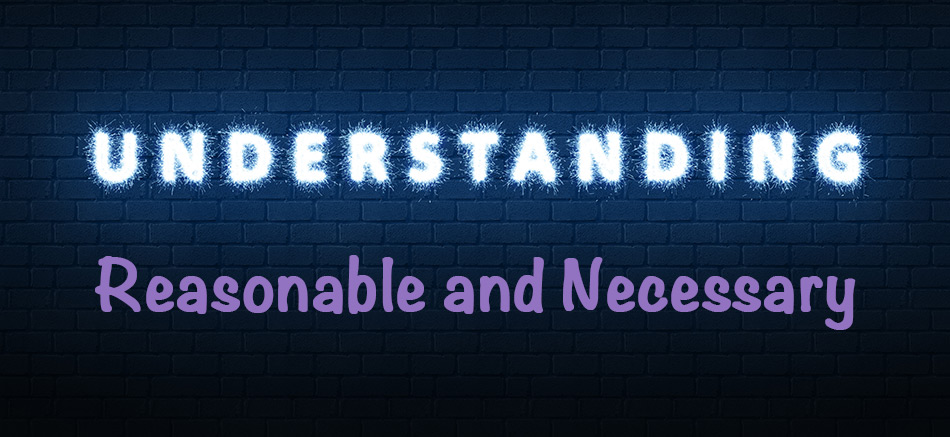
Section 34 of the NDIS Act establishes the criteria for what supports are considered "reasonable and necessary" for the NDIS to cover.
What does Reasonable and Necessary mean?
The NDIS funds a range of supports and services which may include education, employment, social participation, independence, living arrangements and health and wellbeing.
It funds supports that will help participants to:
- pursue their goals, objectives and aspirations
- increase their independence
- increase community and workplace participation, and
- develop their capacity to actively take part in the community.
Whether a support is deemed 'reasonable and necessary' for the NDIS to fund for a participant, takes into account any informal supports (family, community) as well as other formal supports (health, education).
Is it Reasonable and Necessary?
All NDIS supports need to meet all the reasonable and necessary criteria before they can be included in your NDIS.
If you can answer YES to these questions, the support is reasonable and necessary and likely to be funded if it helps meet your goals.
1. Will the support help you to reach the goals in your NDIS plan?
The support you buy must be linked to the support budgets and goals in your current NDIS plan and related to your disability.
2. Is the support reasonably priced and good value?
The support should represent good value-for-money compared to other options. This means we need to consider the costs and benefits of the support, as well as the costs and benefits of alternative supports.Remember you can choose to pay less and get more support, or pay more for a higher quality support that meets your needs.
3. Can you afford the support within your support budget?
Your NDIS funding needs to last for the length of your plan. Work out your budget early so you know what you can afford. This will help you to track your funding and make decisions about any changes to your supports during your plan.
4. Will the support help you to connect with your community and improve the relationships you have with family and friends?
The support you buy should help you to participate in community activities with friends and other members of your community, by reducing the disability-related barriers that prevent you from participating in things such as social outings, recreation, work and study.
5. Is the support something that should be funded by the NDIS and not other government services?
In your NDIS plan the funded supports will not include support that is provided by other government services. For example, dental, health or hospital services, education, housing and public transport are all provided by other government services.
6. Is the support safe? Is it likely to be beneficial?
The support you buy must be legal. It should not cause harm or put yourself or other people at risk.
What supports will NOT be funded by the NDIS?
The NDIS Act and the rules made under the NDIS Act also tell us which supports will not be funded by the NDIS. A support will not be funded if it:
- is not related to the participant's disability
- duplicates other supports already funded by a different mechanism through the NDIS
- relates to day-to-day living costs that are not related to a participant's support needs, or
- is likely to cause harm to the participant or pose a risk to others.
Will the NDIS fund it?
'Would we fund it' includes examples of commonly requested items that we find cause the most confusion.
For each item, the NDIS explains how they make reasonable and necessary decisions about them and provide an overview of whether or not we typically fund them. New items will be added to this resource as they are developed.
Read: Would we fund it?
Sources:
NDIS THERAPY FINDER - FREE SERVICE
LET US FIND YOU A SKILLED SUPPORT WORKER

